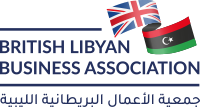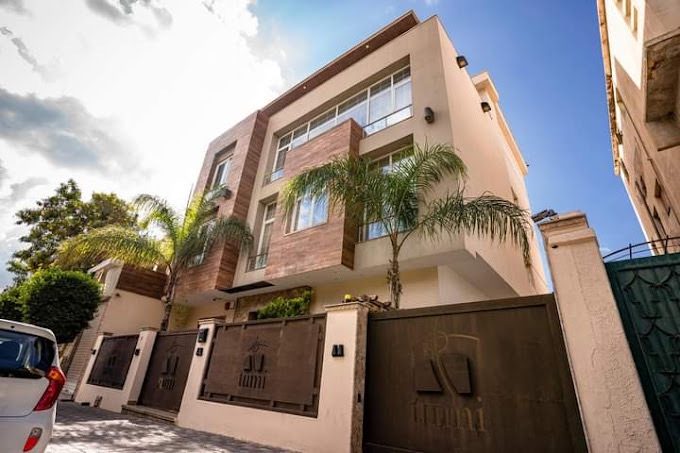Careful Reading of the Ministry of Justice’s 11-4-2 Legal Opinion on Foreign Direct Investment (FDI) and Its Implications on the Oil and Gas Investment Industry.
Prima facia, the Libyan Ministry of Justice Department’s legal opinion and response to the Deputy Minister of Economy is indeed a reassuring legal piece to foreign investors. It reinforces that foreign investment can take many legal forms and is thus not restricting nor confining foreign investment to establishing branches as projected by the Deputy Minister of Economy. The legal opinion also re-emphasised, what Tumi Law Firm has already been advising its clients, that foreigners can own up to 100% of the projects in Libya. To some, this is seen as groundbreaking, here at Tumi Law Firm however our clients have entrusted us to legally guide them with their investments and many have indeed been owning 100% of their investments since 2010.
The Ministry of Justice Department, however, has arguably made a significant error; albeit unnoticeable to many. In its concluding remarks, it stated that Law No. 9 for the year 2010 on Investment Promotion and its Executive Regulations issued by General People’s Committee Resolution No. 499 of the year 2010 does not apply to all oil and gas projects. Thereby insinuating that foreign natural and legal persons cannot independently own 100% of oil and gas projects. This is a clear misreading of Law No. 9, as the Ministry of Justice Department is failing to consider Art.8 of the aforementioned law which delegated the Executive regulation No. 499 to determine the permitted fields of investment which did in turn do so in Art.4. Art.4 of the Executive Regulation No. 499 plainly states that “investment…shall be allowed in all the production and servicing fields with exception of exploration, extraction, and marketing of oil and gas”. A blanket ban, that is seen in the legal opinion, does not exist within Libyan law on Investments nor its relative Executive Regulation. This is predominantly because whilst the activities of exploration, extraction and marketing of oil and gas are not permitted for foreign investors, the activity of surfacing however, such as refinery, is indeed a permitted field of investment under Law No. 9 and the subsequent executive regulation. In fact, many of our foreign natural and legal investor clients, such as LERCO, have obtained a license to invest in the field of surfacing under the umbrella of Law No. 9. As such, this is a grave omission from the part of the Minster of Justice Department to place a blanket ban on foreign participation on all types of activities within the field of oil and gas.
Luckily however, Libya’s Civil Law system means that a legal opinion such as 11-4-2 is not binding nor obligatory on those it is not addressing by name. Art.4 of the Executive Regulation therefore will supersede the Ministry of Justice Department’s legal opinion, and such blanket ban will not have any legal implications on foreign investors. Having said that however, this does not mean that such opinion cannot open floodgates of litigation for foreign investors already operating in the oil activity of surfacing. Their operation in this activity will be questioned by many in the light of the Ministry of Justice Department’s Legal Opinion. To this end, Tumi Law Firm can reassure current and potential foreign investors that Libyan law will prevail over the legal opinion. We welcome all concerns and reservations, and we are available for legal assistance.
Hannah Khllat
LL.B, LLM
Junior Associate at Tumi Law Firm
Please contact TUMI LAW FIRM for further help in interpreting this legal opinion or for further help in investing or conducting business activity in Libya
The British Libyan Business Association, bridging the gap between UK and Libyan commercial engagement
Please CLICK HERE to visit TUMI Law Firm website


Leave A Comment